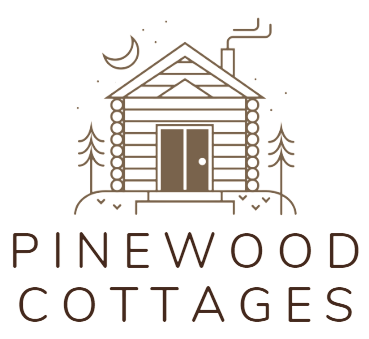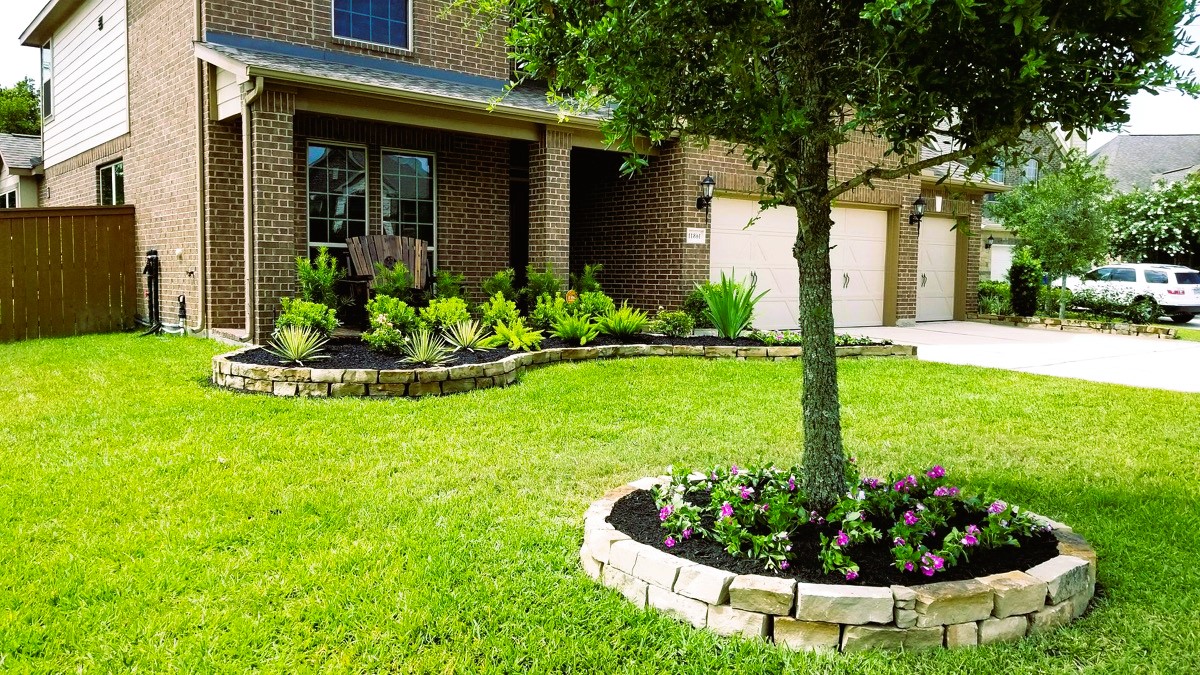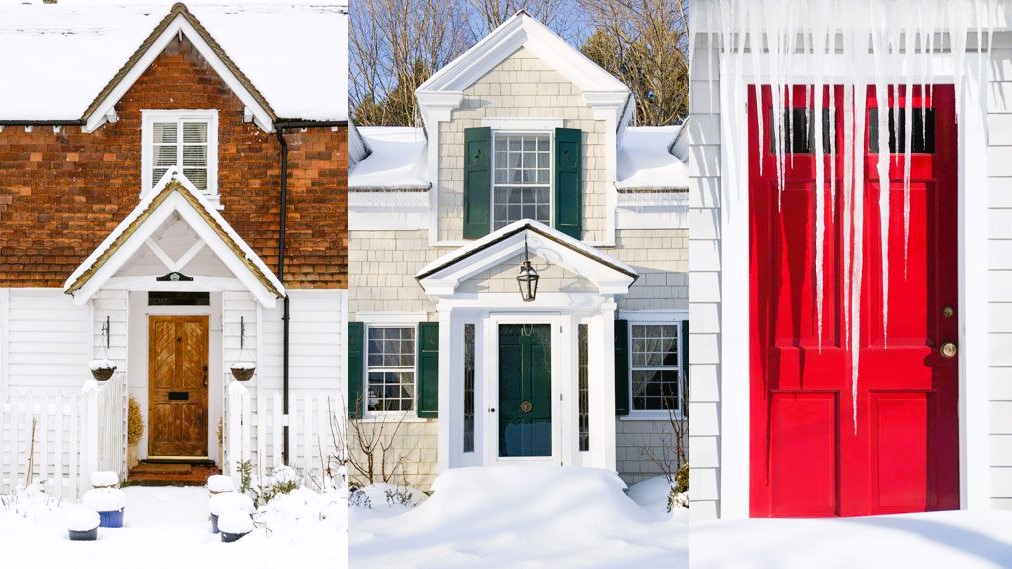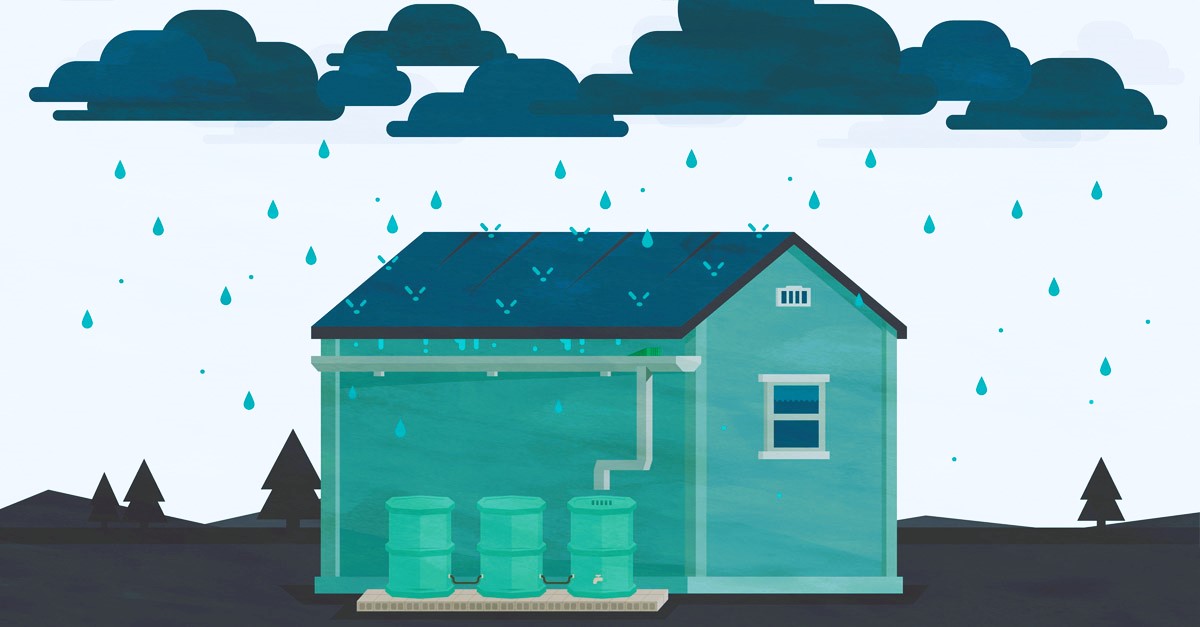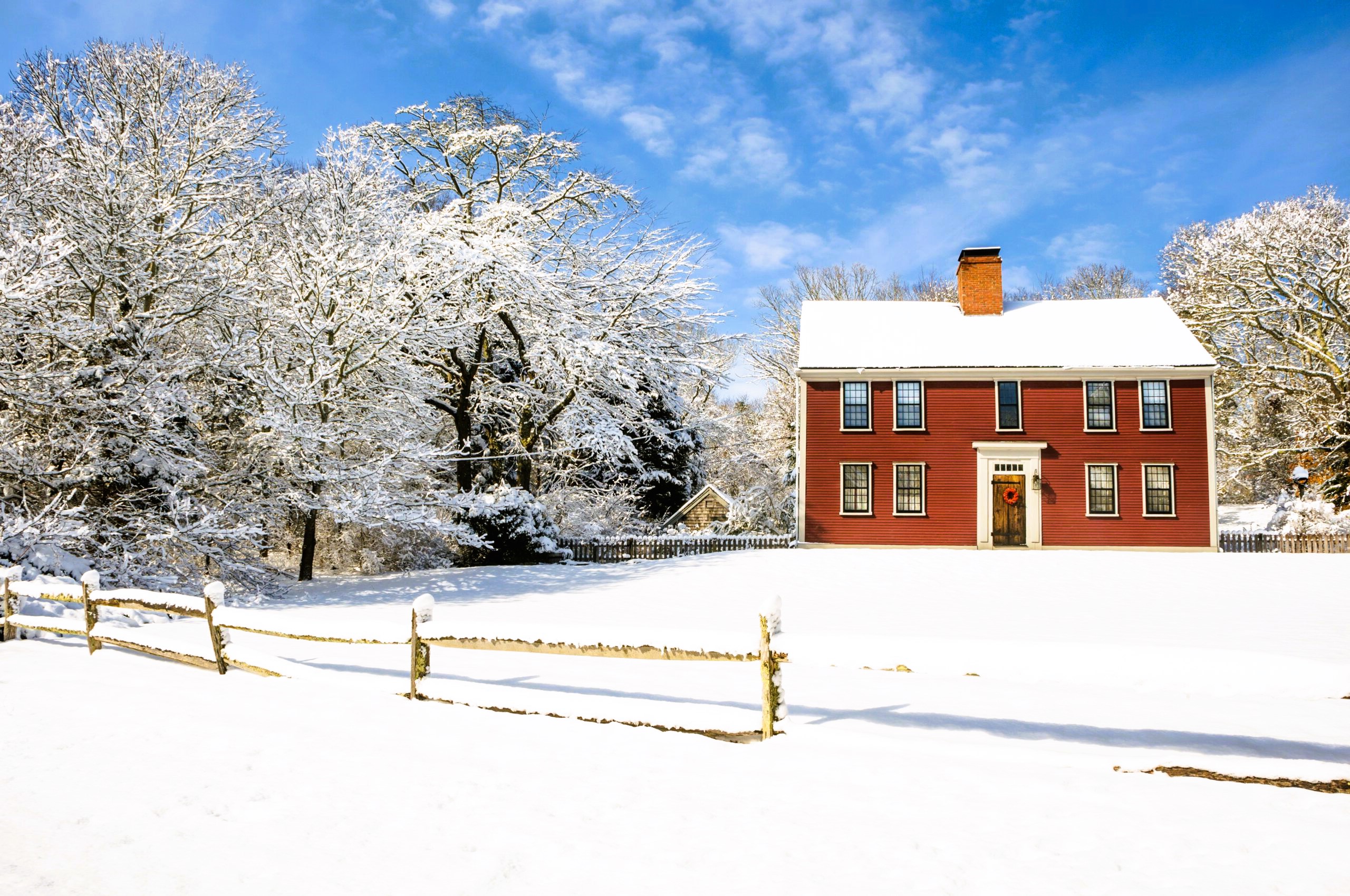Starting a new life in Canada is exciting — but it can also feel overwhelming at first. From figuring out where to live and how to find a job to enrolling your kids in school or learning a new language, there’s a lot to manage. That’s where settlement services come in.
If you’re new to Canada or planning your move soon, this guide will walk you through how these services work, who they’re for, and how they can help you feel more at home.
What Are Settlement Services?
Settlement services are free programs funded by the Canadian government and provinces to help newcomers adjust to life in Canada. These services are available to:
- Permanent residents
- Refugees and protected persons
- Some temporary residents (like those under special programs such as CUAET)
What Kind of Help Can You Get?
Settlement agencies offer a wide range of support to help you get started — both before and after you arrive in Canada.
Before You Arrive (Pre-Arrival Services):
- Guidance with your immigration paperwork
- Help understanding the Canadian job market
- Credential assessments and job readiness support
- Info about language testing and training options
After You Arrive (Post-Arrival Services):
- Help finding housing and affordable rentals
- School enrollment and childcare support
- Free English or French classes (ESL/FSL)
- Job search help, including writing resumes
- Legal advice and settlement counseling
- Orientation on healthcare, banking, transit, and more
- Community programs and mentorship opportunities
Top Settlement Service Providers in Canada
Here’s a look at some of the most trusted agencies that help newcomers across different regions:
| Organization | Where They Operate | Services Offered | Website |
|---|---|---|---|
| YMCA Newcomer Services | Nationwide | Housing, jobs, youth support | ymcagta.org |
| COSTI Immigrant Services | Ontario | Job help, language programs, housing | costi.org |
| MOSAIC | British Columbia | Employment, legal aid, language classes | mosaicbc.org |
| ISANS | Nova Scotia | Newcomer workshops, job assistance | isans.ca |
| SUCCESS | BC & Alberta | Translation, job help, housing support | successbc.ca |
| OCISO | Ottawa | Youth & mental health programs, settlement help | ociso.org |
| Accueil Francophone | Manitoba | Francophone newcomers, housing, support | accueilfrancophonemb.com |
Why Use Settlement Services?
There are many good reasons to take advantage of these programs — and none of them cost you anything.
- They’re free and confidential
- You can access help in your language
- They guide you through official paperwork
- They connect you with employers, schools, and support networks
- They help you feel part of your new community
💡 Many organizations also offer virtual or hybrid services, so you can get help from home if needed.
How to Access These Services
Getting started is simple:
- Find a local provider using the IRCC service finder
- Book an appointment online or by phone (some accept walk-ins)
- Bring important documents like your PR card, passport, or Confirmation of Permanent Residence (COPR)
- Ask for language support — interpretation is often available
Specialized Services for Specific Groups
Settlement services can be tailored to meet the needs of different types of newcomers:
| Group | Services Tailored For… |
|---|---|
| Women & Families | Parenting programs, childcare, domestic safety |
| Youth | Tutoring, school support, social groups |
| Refugees | Emergency housing, trauma counseling, legal help |
| French-Speaking Newcomers | Francophone schools, jobs, community services |
| Seniors | Health support, community integration, language classes |
FAQ: Settlement Services for Newcomers
1. Are settlement services really free?
Yes. If you’re a permanent resident, protected person, or refugee, these services are fully funded by the government.
2. Can I get help if I’m here on a work or study permit?
In some cases, yes — especially for Ukrainian nationals and those under special programs. It’s best to ask your local service provider.
3. What if I don’t speak English or French?
No problem. Many agencies provide translation or interpretation services, and you can sign up for free language classes.
4. Can I use these services before arriving in Canada?
Absolutely. Many organizations offer online services to help you get ready before your flight.
5. Do I need to live in a major city?
Not at all. Smaller towns and rural areas also have settlement agencies, and virtual services are growing quickly.
Final Thoughts
Starting fresh in a new country can feel overwhelming, but you don’t have to do it alone. Settlement services in Canada are designed to help newcomers like you build a strong foundation — from finding your first apartment to landing your first job.
So take the first step. Reach out to your local agency, ask questions, and start building your new life in Canada with confidence.
